The threat of job cuts and plant closures at Germany's biggest carmaker is symptomatic of a broader malaise in Europe's economic powerhouse. Are the pessimists right or will the slogan "Made in Germany" reign supreme again?
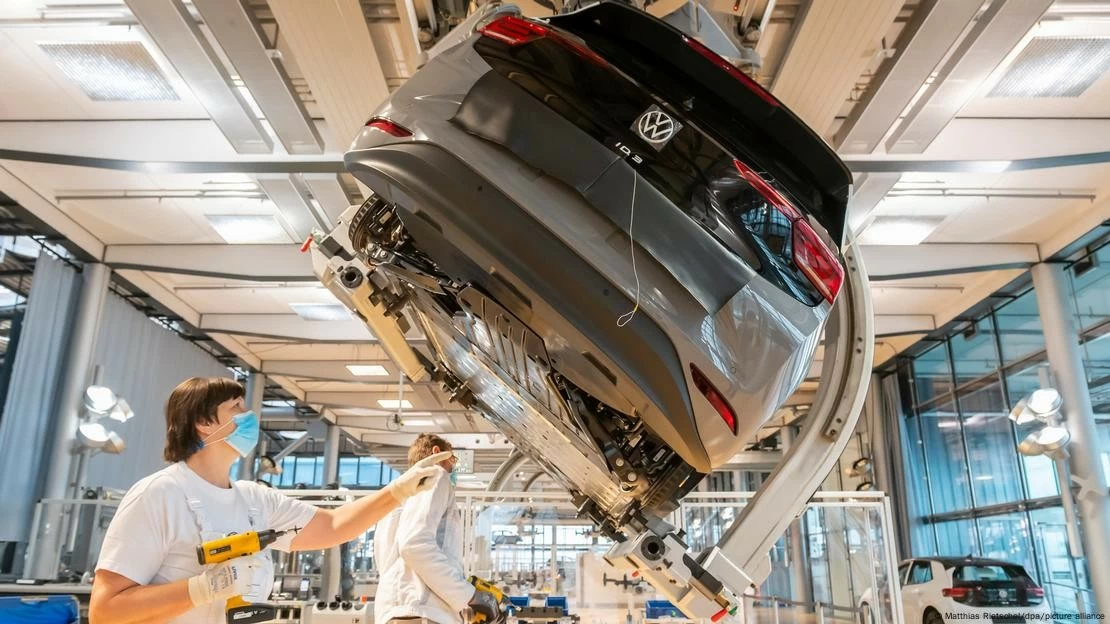 |
| Volkswagen's shock reforms can be seen as part of the larger challenges facing the German economy. (Source: DPA) |
Volkswagen's warning last week of job cuts and the possible closure of production lines in its home market, the first in its 87-year history, sent shockwaves across the country.
But clouds have been building for years over Germany’s largest automaker, with soaring production costs, a weakened domestic economy and fierce competition from China. Volkswagen’s faltering electric vehicle (EV) strategy is worsening the company’s earnings situation.
The automaker needs to save about 10 billion euros ($11.1 billion) in costs over the next three years, which could lead to thousands of job cuts and the risk of closing some of its 10 assembly lines in Germany.
Competitors have caught up
Volkswagen’s painful reforms can be seen as part of a broader set of challenges facing the €4.2 trillion German economy, where supply chain disruptions, an energy crisis – notably due to reduced Russian gas supplies – and a loss of competitive edge have hurt growth.
“Volkswagen represents the success of German industry over the past nine decades,” said Carsten Brzeski, chief economist at ING bank in Germany. “But this story also tells us what four years of economic stagnation and 10 years of declining international competitiveness can do to an economy. They make investments less attractive.”
According to the national statistics office (Destatis), Germany's gross domestic product (GDP) growth has declined by 0.3% in 2023. This year, the three leading economic institutes have forecast a contraction of 0%. This is in contrast to the 10 consecutive years of growth that Germany had experienced before the Covid-19 pandemic - the longest period of growth since the country's reunification in 1990.
Time is counting down?
The Volkswagen bombshell, along with negative news about other German industrial giants — including chemicals company BASF, industrial equipment firm Siemens and steelmaker ThyssenKrupp — has helped fuel a narrative that the country’s best days may be behind it and that recession is inevitable.
"Volkswagen's announcement is certainly a symptom of general unrest across German industry, rather than an isolated incident," said Franziska Palmas, senior European economist at London-based independent economic research organization Capital Economics.
The expert also noted that the country's industrial output in July 2024 fell nearly 10% compared to the level at the beginning of 2023 and that industrial output has been on a downward trend for the past six years.
As well as the problems affecting Germany's auto sector, Ms Palmas spoke of a "permanent loss of production capacity in energy-intensive industry" from the energy crisis in 2022. Capital Economics forecasts the share of industry in the western European country's GDP will "continue to decline over the next decade".
Meanwhile, Ms. Sudha David-Wilp, Director of the Berlin office of the German Marshall Fund consultancy, commented that the rise of populism has hindered reforms.
The country’s troubles, she says, are the result of governments’ reluctance to push through necessary but painful reforms. One reason is the rise of the far-right AfD party over the past decade.
“The Angela Merkel years were comfortable and Germany was wealthy enough to weather the Covid-19 crisis,” she said. “But with the rise of populism, parties want to make sure Germans feel economically secure so they don’t fall victim to crises.”
But this kind of strategy only delays the inevitable, as headwinds from lower-cost competitors continue to erode Germany’s share of the global economic pie. Meanwhile, worsening geopolitical issues – particularly between the West and Russia and China – threaten to further push back the trend toward globalization, of which Germany is the main beneficiary.
 |
Delegates at the groundbreaking ceremony for TSMC's first chip factory in Europe in Dresden, eastern Germany, on August 20, 2024. (Source: DPA) |
Final warning
"The world is changing and so are our sources of economic growth," said ING's Bjeske. "Volkswagen's problems should be the final wake-up call for German policymakers to start investing and reforming so that the country can become more attractive again."
These reforms are still uncertain, because of Germany's debt brake (which limits the annual budget deficit to 0.35% of GDP) and because of a dispute between Chancellor Olaf Scholz's coalition partners over the 2025 federal budget. These mean there is little room for fiscal stimulus.
Despite the negative headlines, however, Germany remains a key destination for international investment, with giants such as Google, Microsoft, Eli Lilly, Amazon and Chinese automaker BYD announcing major spending plans in the Western European country over the past 18 months.
Berlin has also set aside around 20 billion euros in subsidies to boost the domestic semiconductor industry, especially in the east of the country, supporting investments by Taiwanese (Chinese) chipmaker TSMC and US-based Intel.
New direction appears
Biotechnology, green technology, artificial intelligence (AI) and defense are other growing sectors of the German economy, which the government could provide additional support for as it outlines its new industrial strategy, David-Wilp said.
“It’s not all doom and gloom. There are still ways to grow. Things need to get worse before they get better, and this sense of renewal needs to be rekindled,” the expert said.
However, those reforms will likely have to wait until after the next federal election, due in September 2025, when Chancellor Scholz's coalition - made up of the Social Democrats, Greens and Free Democrats (FDP) - could be replaced.
The current pain is a reminder of Germany's economic woes in the late 1990s and early 2000s, when the country was dubbed the "sick man of Europe".
However, in January this year, speaking at the World Economic Forum in Davos (Switzerland), German Finance Minister Christian Lindner said that using the above nickname was inappropriate at this time. According to him, Germany is actually a "tired person" who needs "a good cup of coffee" from reforms.
Source: https://baoquocte.vn/noi-dau-cua-volkswagen-phan-anh-tuong-lai-nen-kinh-te-duc-nguoi-met-moi-dang-can-mot-tach-ca-phe-ngon-285933.html








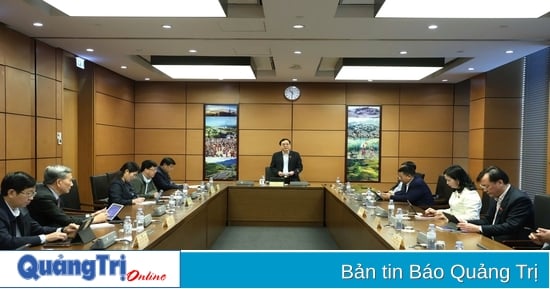

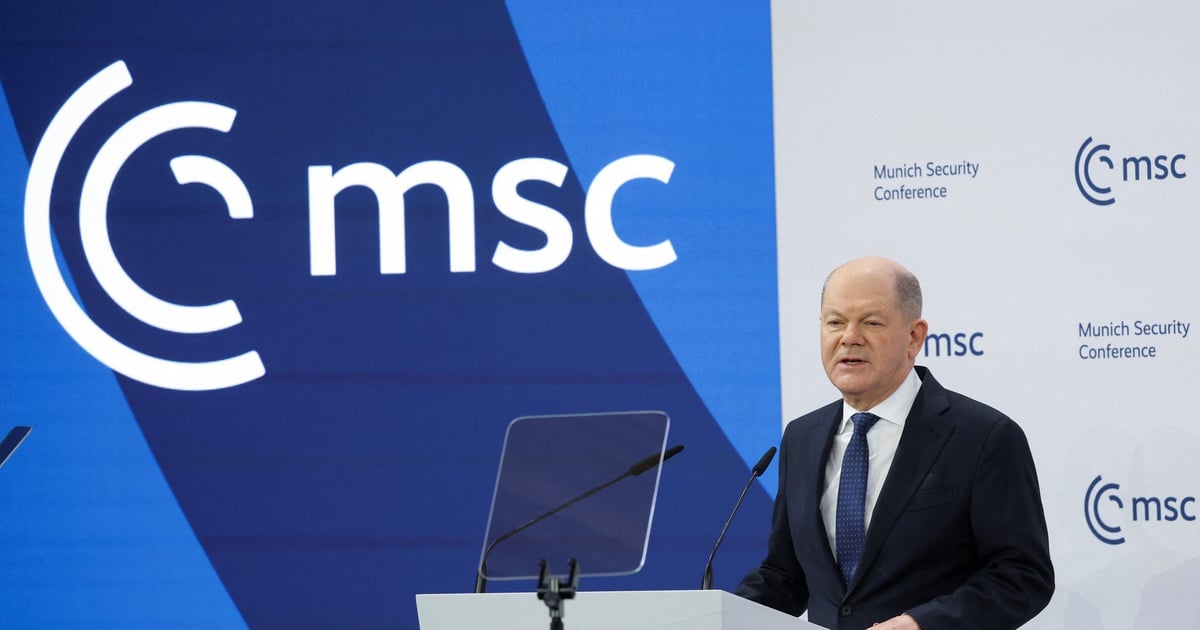

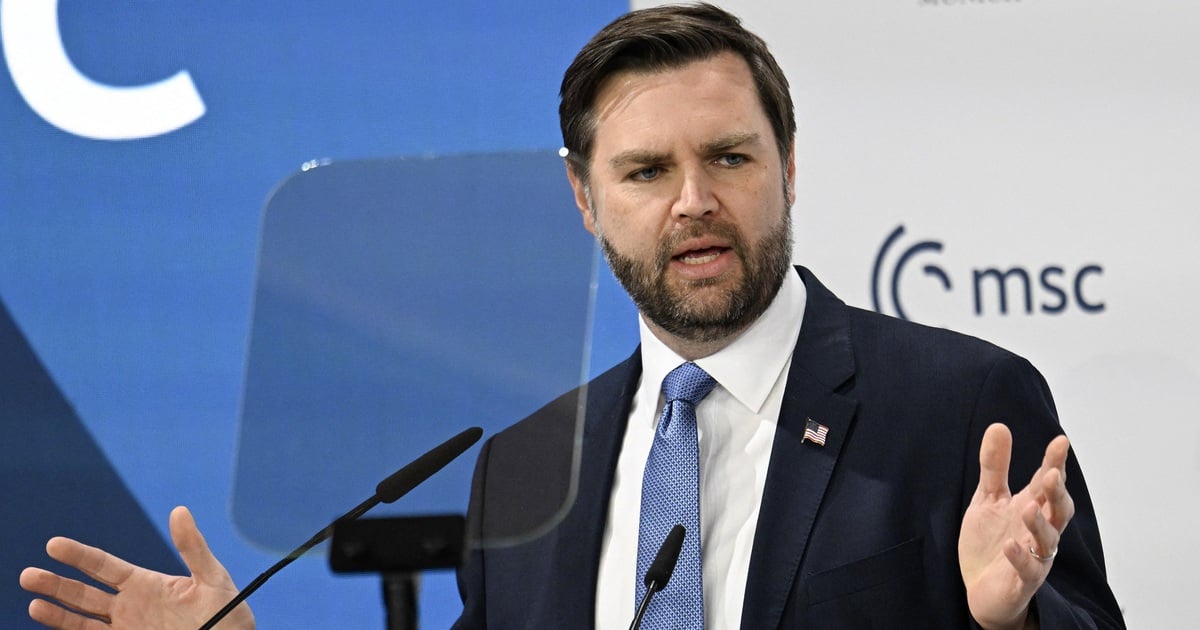



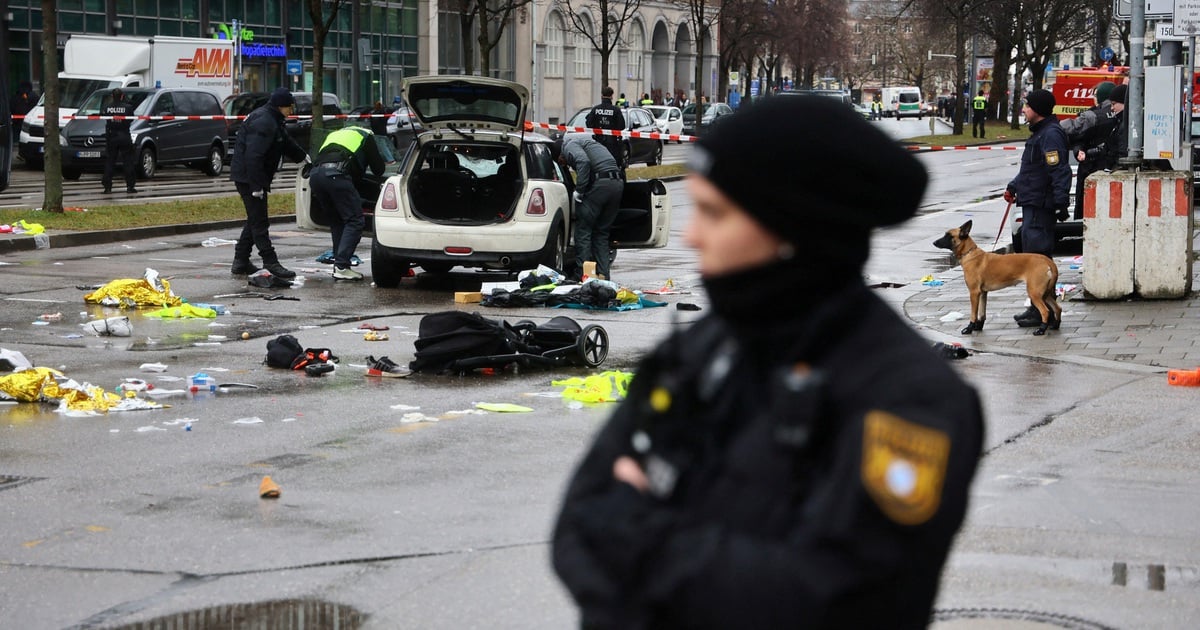


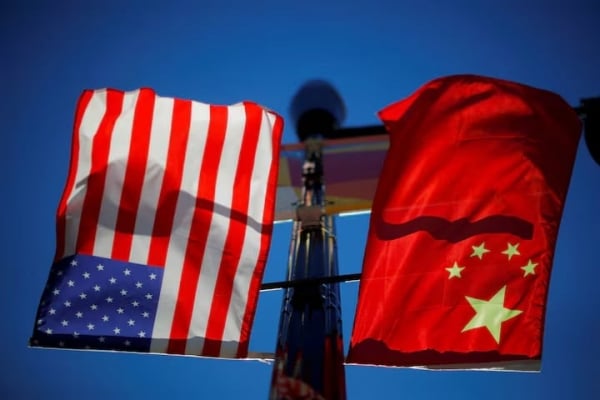















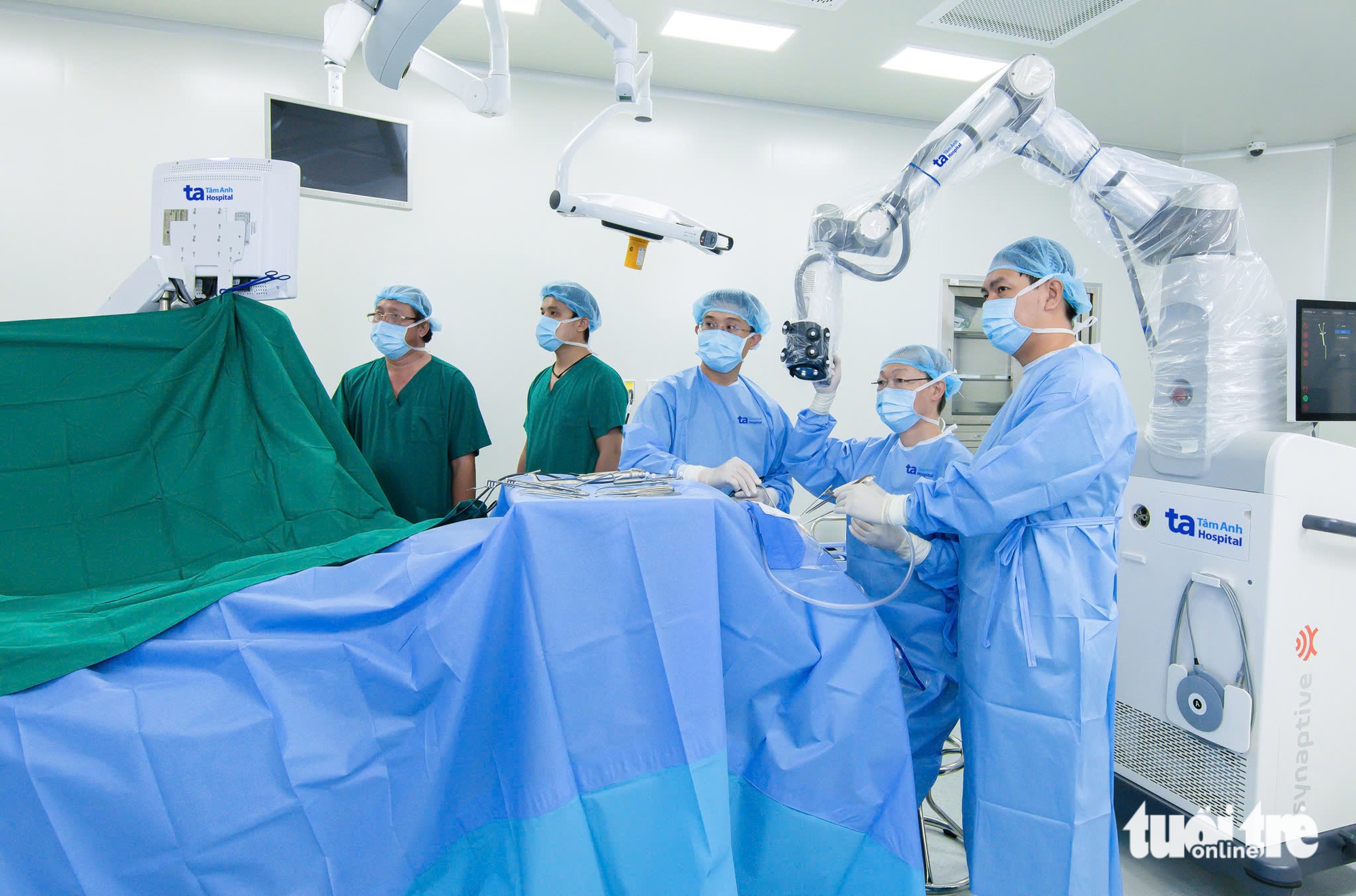



Comment (0)